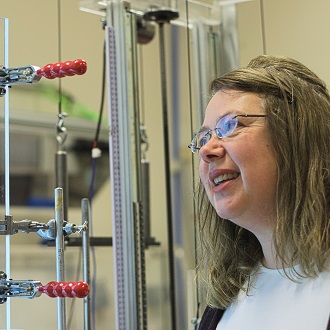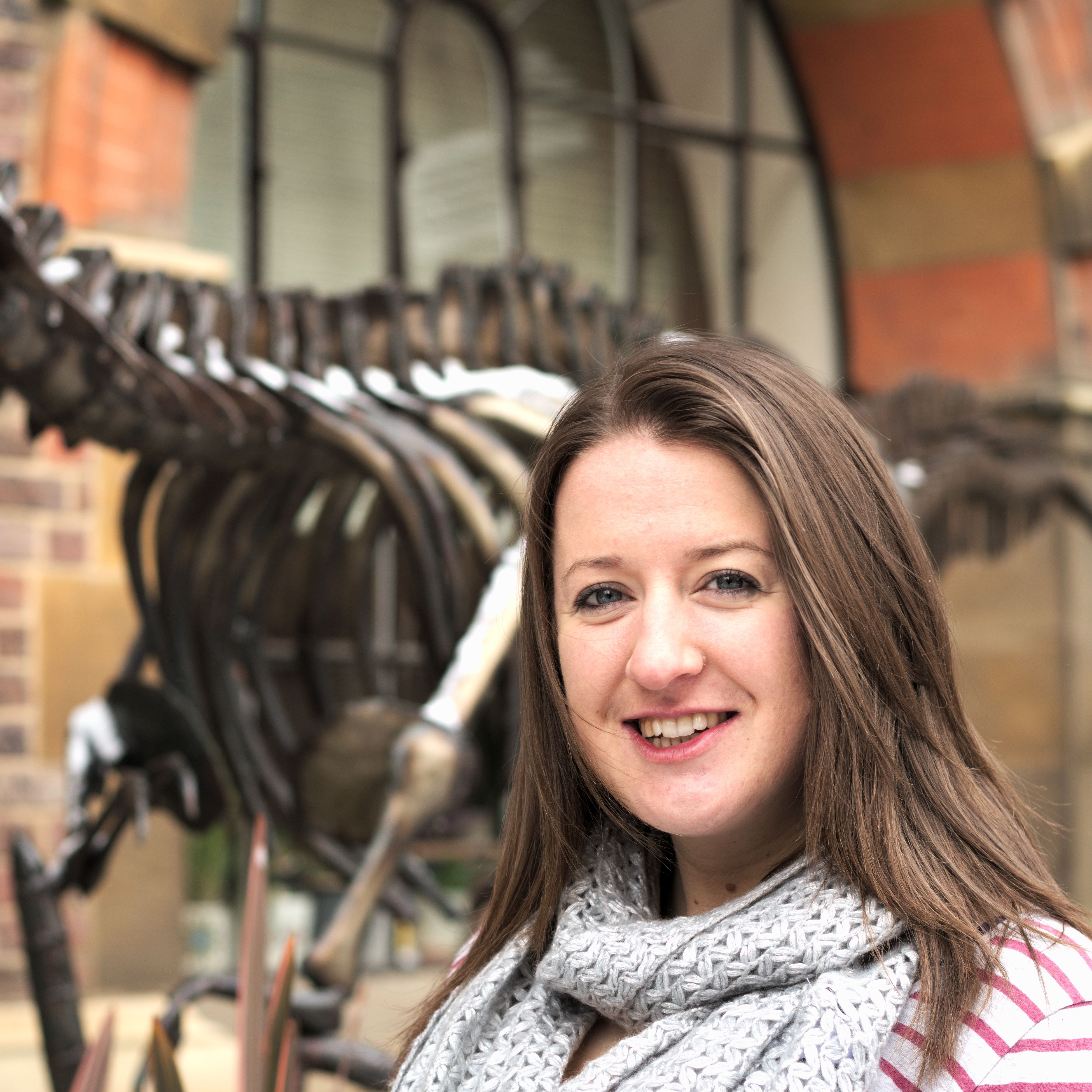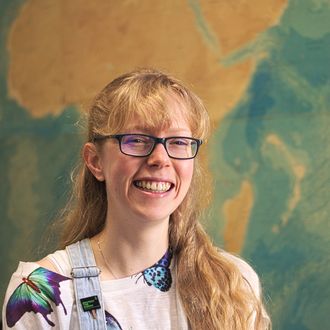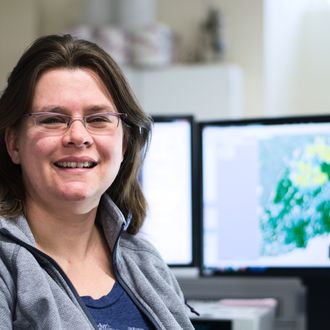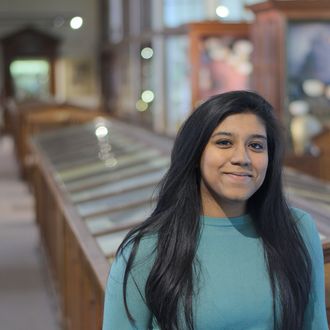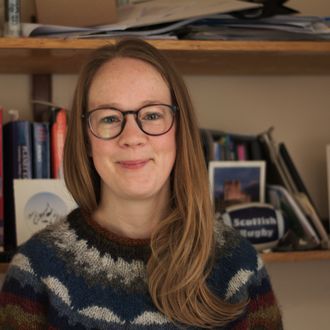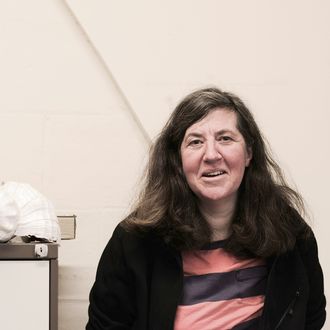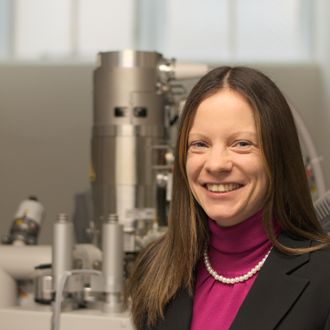|
Dr Charlotte GladstoneLaboratory experiments running in the Flow Labs NOW include analogues of circumpolar fluid mixing in the Southern Ocean, convection of viscous crystal-rich fluid in magma chambers, collapsing volcanic fountains, fjord dynamics driven by the melting of glaciers and some decompression tests with a shiny new controller. Every day for me is exciting: that's Earth Sciences in a big busy lab. Read more |
Dr Emma LiuMy research focuses on constraining the magmatic processes during magma ascent that govern the magnitude and impact of volcanic emissions: my PhD research investigated the physical mechanisms responsible for the generation of volcanic ash, whilst my current postdoctoral work explores the chemical controls on the outgassing of sulfur and metals, and the implications for the global sulfur cycle. |
Rachel Flint, 4th year undergraduate For me, Earth Sciences is the perfect discipline. It provides the opportunity to use my numerical, observational and problem-solving skills, whether in the field, the lab or the library. I particularly enjoy learning about the Earth's climate system, with the hope that I will at some point use this knowledge to work towards understanding and mitigating the effects of modern climate change. |
|
Camilla PenneyI love looking at a problem from different angles to piece together what is going on. By using a wide variety of datasets (waves from earthquakes, satellite imagery, GPS, oxygen isotopes...) I am able to study how the continents move and change shape over time which is what leads to earthquakes. My work on earthquake hazard allows me to combine interesting physics with trying to reduce the danger to millions of people. N.B. I don't do earthquake prediction! Read more |
Dr Iris BuismanMy job- running the department electron microscope facility - keeps me on my toes. I work with many researchers with diverse interests, on state of the art equipment. Days vary from imaging or chemically analysing anything from a lava sample from a recent eruption, a martian meteorite, specialised glass/materials designed for nuclear waste disposal, looking at compositional differences in layers of a painting to even a one of a kind (unique) fossil. Read more |
Nikki Sridhar, 2nd year undergraduate What I love most about Earth Sciences is how interdisciplinary it is, from geochemistry and biology to geophysics, the course covers a range of topics that you would not be able to learn about during a undergraduate degree at most other universities! Each topic is as diverse and interesting as the next, linking together to let you really understand the mechanisms that govern our planet. I have always found dinosaurs and space science interesting so I feel very lucky to be able to study both. Field trips are also a highlight of my time here so far, as they provide an opportunity to not only see geological features in the field, but also to get to know your year and people in the department! |
|
Dr Emily StevensonGlacial landscapes are just breathtaking, from the whites and blues of the ice and the peripheral raw ground rock to the huge turbulent rivers that flow from the base of the ice. I’m an earth scientist, and my research takes me to stunning ice sheets and glaciers all around the northern hemisphere. I use a mix of fieldwork, geology and chemistry to investigate how glaciers interact with the atmosphere, water (such as the oceans) and Arctic landscapes. Read more
|
Dr Elizabeth HarperLife is very varied! When I am not teaching, looking after Caius, Newnham and Peterhouse students, for just this year looking after the Sedgwick Museum, I get to do my research which is also very varied. Everything from thinking about tiny crystals in shells to wondering who ate who in ancient oceans. Read more |
Dr Emilie RingeI am relatively new to Earth Sciences, and excited to expand my research opportunities to this rich field. Physical chemist by training, my specialty is to understand how structural and compositional features of materials manipulate light-matter interactions. There is much to study in minerals, and I hope my approaches targeting optical studies of crystal micro/nanostructures will provide a new toolkit to unravel geological processes. Read more |

